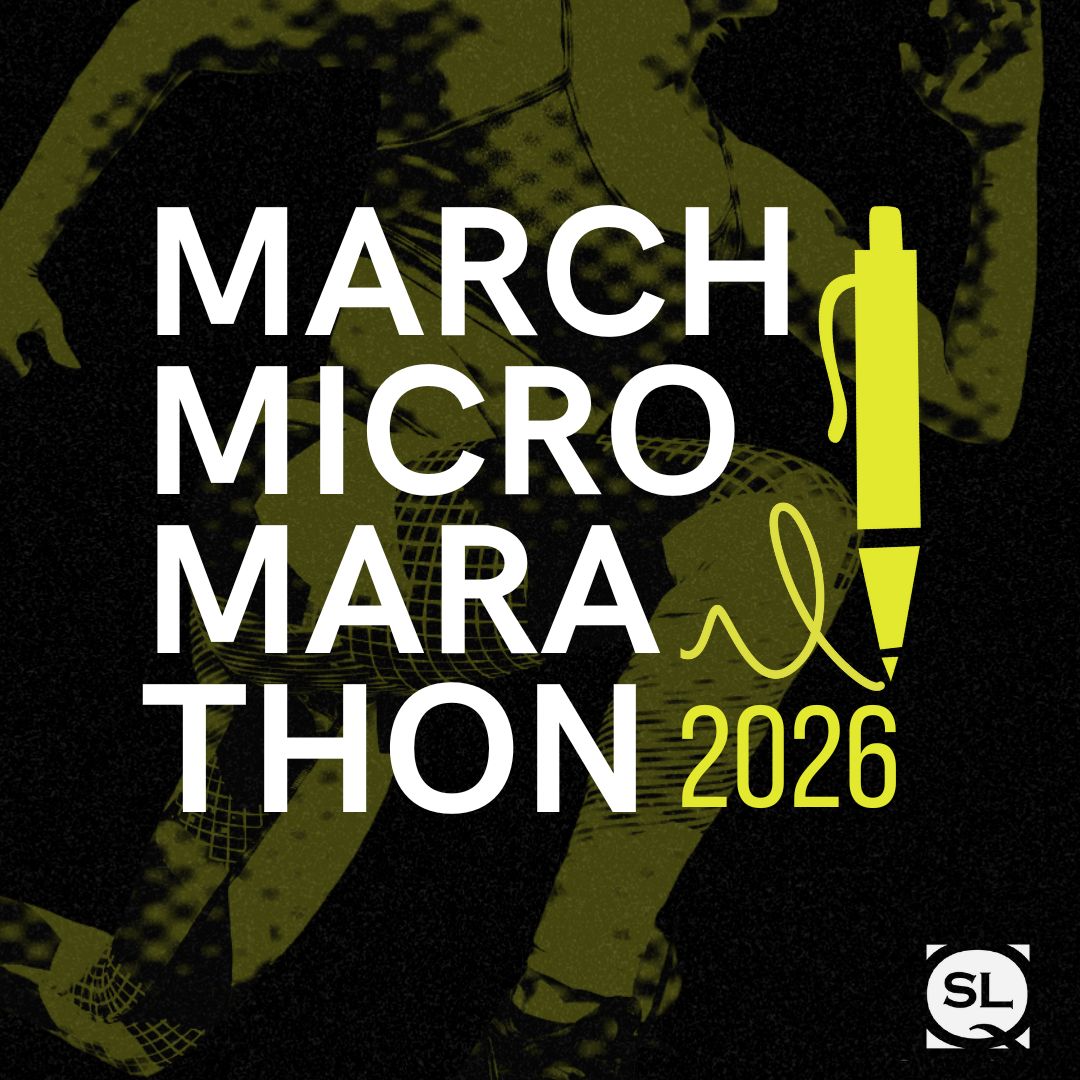What was the spark for this story?
I had the first line in my head for quite a while before the rest of the story came. I thought it was such a funny idea, but I didn’t think it was enough to build an entire story around. It felt like a punch line, so I wanted to deliberately invert that by having it open a story that didn’t necessarily relate in an obvious way. The argument scene came later, but I was wary because breakups are such well-trodden territory in literature. It struck me that the image of the dog could be an unexpected entry point, especially since the tone is quite different from the rest of the piece and has a levity that belies the rather dramatic subject matter of heartbreak and betrayal it leads into.
In general, do your stories start with a setting, a character, a situation, or something else?
Often the starting point is something fragmentary, a snippet of dialogue or an image that struck me as unusual, but which is quite unremarkable and unnoticeable within the completed story. It feels a bit like building a cathedral around a single candle.
I think I know the answer to this one, but Team Dog or Team Cat?
I am on both teams! And Team Chinchilla, Hamster, Guinea Pig, Fish … (I had a lot of pets growing up). Nothing is quite as lovely as watching the dark streak of my parents’ dog race across wet fields in pursuit of some pheasant or rabbit; she’s utterly, joyfully inexhaustible. But I also love the sight of a cat lazily curling itself into a patch of sunshine. So I suppose I like dogs in action, cats in repose.
It feels that as we move through this story, we’re dealing with different periods of aftermath. Can you talk about why you set this story in multiple pasts?
As an undergraduate I took a craft class with Jonathan Lethem, who was a great proponent of the past tense unless the writer has a very good argument not to use it. I’m clearly rather susceptible to the power of suggestion as my instinct has been to stick with it ever since! However, Lethem aside, I really don’t think I could have told this story any other way. The past tense lends a certain remove, which I think allows emotion to swell without overpowering the story, since we’re kept at a slight distance from the action. It also gave me the freedom to occupy multiple pasts, as you pointed out, and move fairly seamlessly from a childhood memory to the more recent one of the breakup. I wanted to have a memory from childhood frame the story because those early experiences are often so present in our adult relationships in ways we never expect. I think we spend a lot of time when we’re in love trying to reject or resolve the things that happened to us when we were young. So I open with a memory in which the narrator is powerless while being driven by her father and contrast it with a later moment of powerlessness with her boyfriend, which she then forcefully tries to defend herself against. In the past tense, the final line shows the narrator’s thoughts in one moment of time but also allows for, and even suggests that, they will change. I think that possibility for change is very hopeful, despite the sad tenor of the line itself.
Why “Nancy” as the title?
That was inspired by Amy Hempel, who taught my first workshop in my MFA and is a master at plucking a word or phrase from inside the story for the title (her story “Murder” is one of my favorite examples of this). When re-contextualized in the title it often has a slightly skewed or deeper meaning and prompts the reader to play closer attention to it in the text. The metaphor of the dog—of being able to recognize and protect helplessness in an animal but not in others or ourselves—is really at the heart of the piece. The almost comical humanness of the name served to underscore its significance for me, so I wanted the reader to really notice it. “Nancy” also has the dual function of a proper noun and an insult term in England, where it’s slang for a gay or effeminate man (or someone just generally showing signs of weakness). It’s a subtle reference, but I liked that the second meaning plays off the tension between weakness and power, vulnerability and rage in the piece.
What do you wish I’d asked and how would you have answered?
If you had asked me what type of flowers the narrator bought, I would have answered that in my mind they were daffodils. Nothing is quite as hopeful as the first daffodils in spring.



 In its third year, The March Micro Marathon will be, as usual, a prompt-a-day whirlwind for 24 days. You’ll exchange drafts of micro fiction, non-fiction, and prose poetry in small groups and gather for a series of online events (all recorded for participants unable to attend live). We’ll finish with 3 competitions, and participants who are not already in SmokeLong Fitness will be invited to workshop with SmokeLong Fitness until the end of April!
In its third year, The March Micro Marathon will be, as usual, a prompt-a-day whirlwind for 24 days. You’ll exchange drafts of micro fiction, non-fiction, and prose poetry in small groups and gather for a series of online events (all recorded for participants unable to attend live). We’ll finish with 3 competitions, and participants who are not already in SmokeLong Fitness will be invited to workshop with SmokeLong Fitness until the end of April!